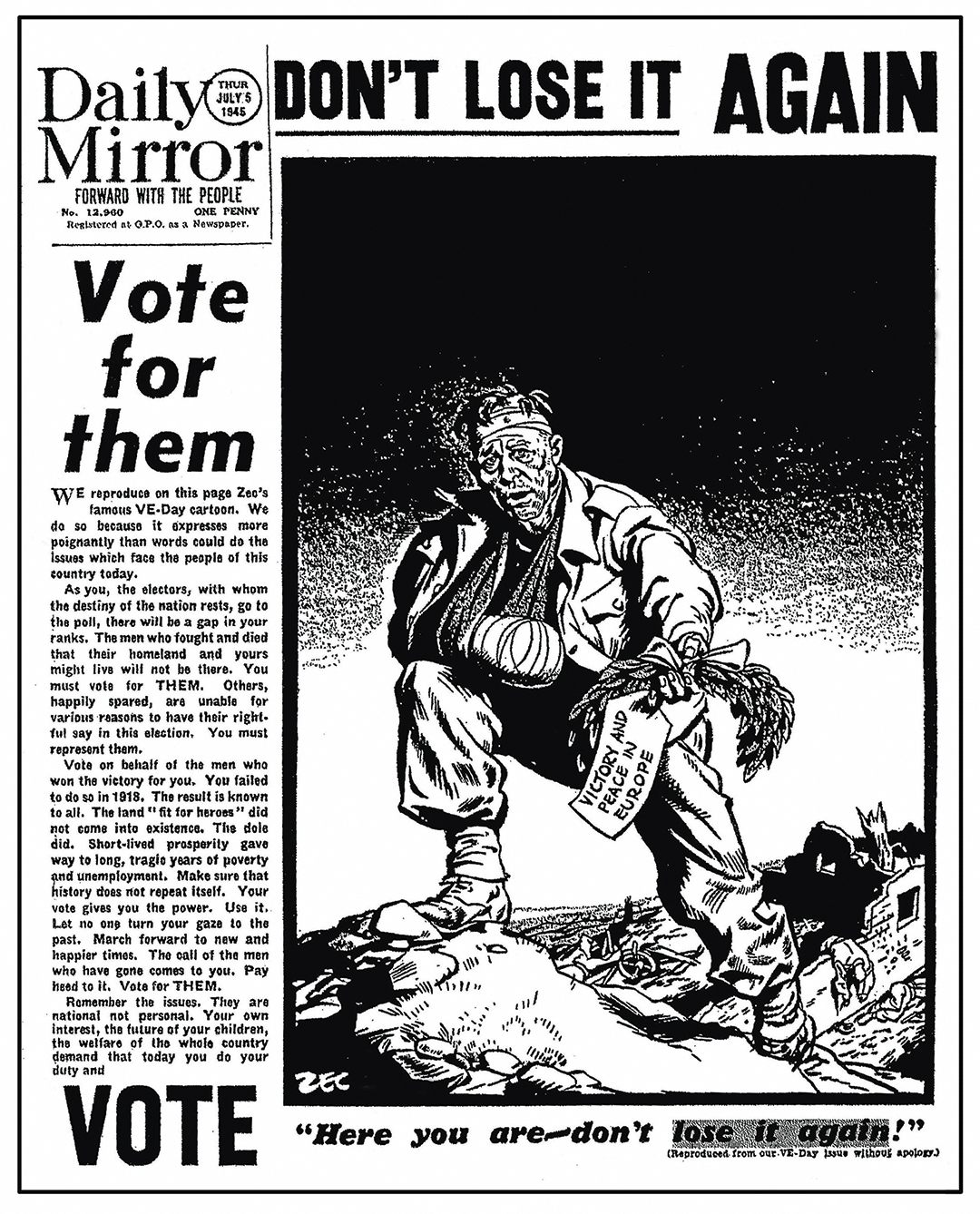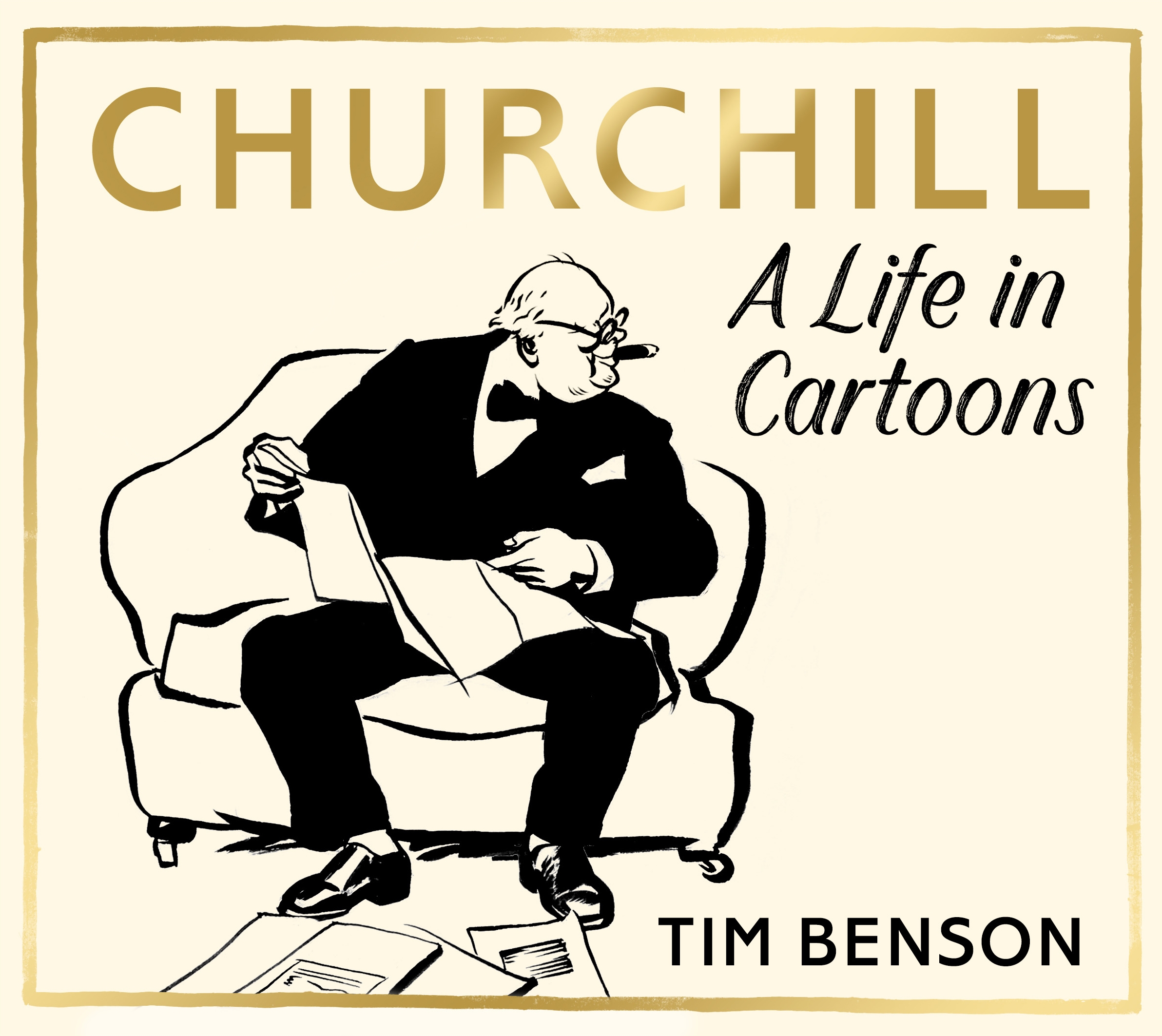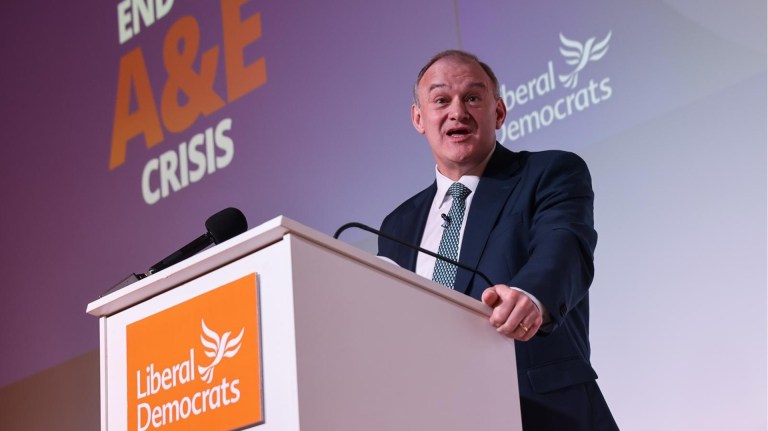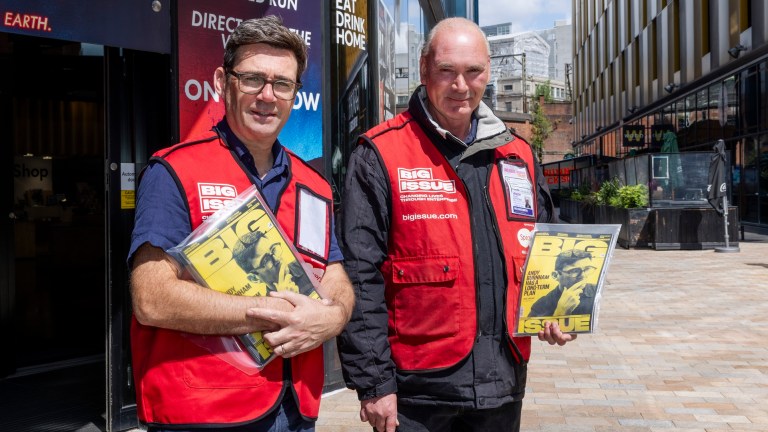The recent general election happened to be the first to be held in July since 1945. Taking a political cartoonist’s perspective, the 1945 and 2024 elections had other similarities. Both ended with crashing Tory defeats and a consequent Labour landslide. However, thanks to polling, today’s cartoonists were already expecting Labour’s gargantuan victory.
In 1945 it came as a complete surprise to virtually all the cartoonists. After all, Churchill was immensely popular, having been given the credit for keeping Britain afloat during the dark days of 1940 and for having just led the country to victory over Germany. He was cheered by huge crowds on his election tour across the entire country.
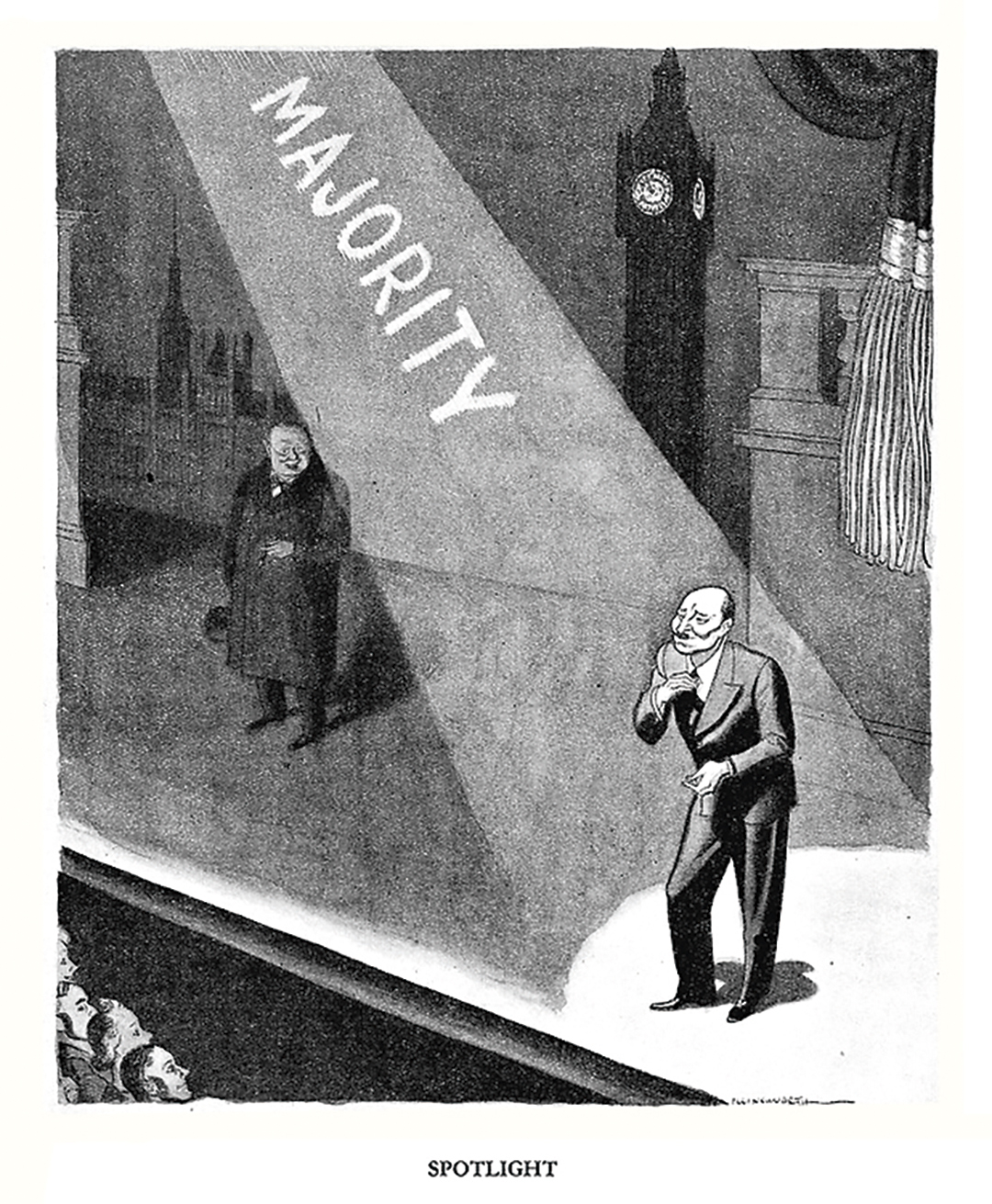
What cartoonists did not know was that the public would applaud Churchill but vote against him. Unlike today, there were then a number of loyal, Tory-supporting cartoonists, primarily working for the Daily Express, Daily Mail, Daily Dispatch, Western Mail and the Daily Sketch. In comparison, today’s political cartoonists are either anti-Tory or ambivalent to all the leading political parties, often with a ‘plague on all your houses’ approach.
Get the latest news and insight into how the Big Issue magazine is made by signing up for the Inside Big Issue newsletter
Of course, in 1945 political cartoonists had far more influence on their readers than they have today. Newspaper circulations were in their millions, radio was still in its infancy and there was no competition from either television or social media. The most influential cartoonist of the 1945 election, David Low, a man sympathetic to Labour, strangely disappeared from the Tory-supporting Evening Standard for two weeks. The London paper explained this by telling its readership that Low’s health had “compelled him to take a rest by the sea”.
Daily Express journalist and later Labour MP Tom Driberg, for one, thought it “suspicious”. It was remarkable, to say the least. Low was missing the first general election in 10 years; one which offered the electorate the chance to decide who would rebuild Britain after the war. Other left-wing cartoonists felt it was an opportunity of a lifetime, and as a result, threw themselves into it. According to the Daily Mirror editor Hugh Cudlipp, cartoonist Philip Zec, for example, “worked overtime” during the 1945 election.

